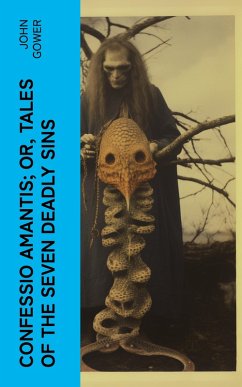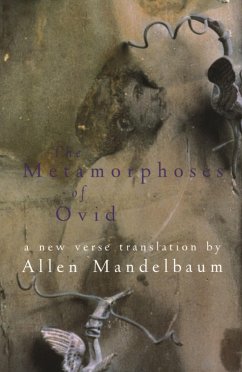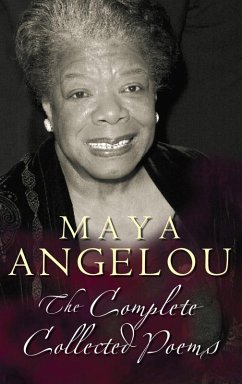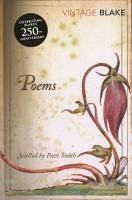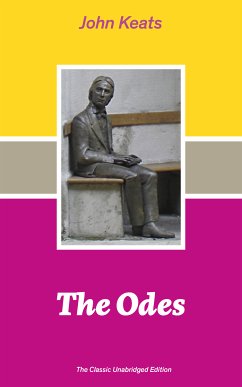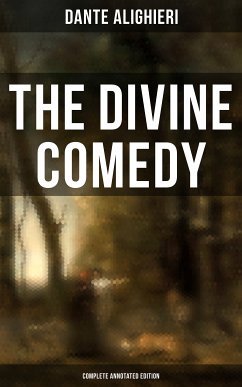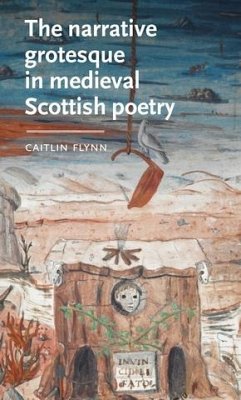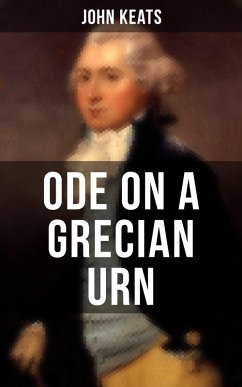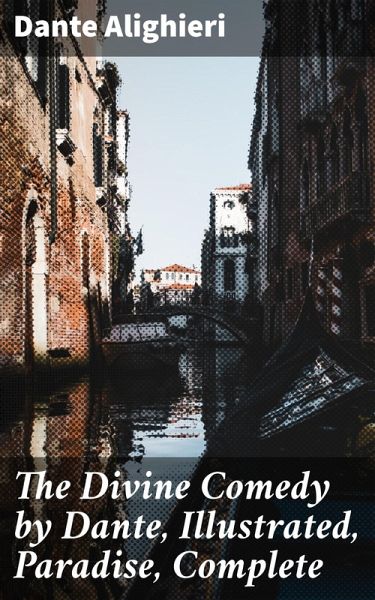
The Divine Comedy by Dante, Illustrated, Paradise, Complete (eBook, ePUB)
A Spiritual Journey Through Afterlife and Divine Justice
Übersetzer: Cary, Henry Francis
Versandkostenfrei!
Sofort per Download lieferbar
0,49 €
inkl. MwSt.
Weitere Ausgaben:

PAYBACK Punkte
0 °P sammeln!
Dante Alighieri's "The Divine Comedy: Illustrated, Paradise, Complete" is a monumental work of medieval literature that offers a profound exploration of the soul's journey towards God. Written in the early 14th century, this epic poem is a masterful blend of allegory and theology, structured in three sections: Inferno, Purgatorio, and Paradiso. The illustrated edition enriches the text with vivid images, facilitating a deeper understanding of Dante's intricate themes, such as sin, redemption, and divine love. The use of the Tuscan dialect elevates the poetic language, infusing it with musicali...
Dante Alighieri's "The Divine Comedy: Illustrated, Paradise, Complete" is a monumental work of medieval literature that offers a profound exploration of the soul's journey towards God. Written in the early 14th century, this epic poem is a masterful blend of allegory and theology, structured in three sections: Inferno, Purgatorio, and Paradiso. The illustrated edition enriches the text with vivid images, facilitating a deeper understanding of Dante's intricate themes, such as sin, redemption, and divine love. The use of the Tuscan dialect elevates the poetic language, infusing it with musicality while simultaneously addressing complex philosophical and moral questions of his time. Dante, a Florentine politician and poet, was influenced by both his personal experiences and the tumultuous socio-political landscape of medieval Italy. His exile from Florence motivated him to reflect on themes of justice and morality, culminating in this literary masterpiece. The work is informed by his encounters with historical figures, as well as classical philosophers and theologians, creating a rich tapestry that showcases his intellectual and artistic prowess. "The Divine Comedy: Illustrated, Paradise, Complete" invites readers to embark on a transformative journey alongside Dante. This essential text not only serves as a cornerstone of Western literature but also offers profound spiritual insight, making it a must-read for anyone seeking to comprehend the human condition and its relationship with the divine.
Dieser Download kann aus rechtlichen Gründen nur mit Rechnungsadresse in A, B, BG, CY, CZ, D, DK, EW, E, FIN, F, GR, H, IRL, I, LT, L, LR, M, NL, PL, P, R, S, SLO, SK ausgeliefert werden.





